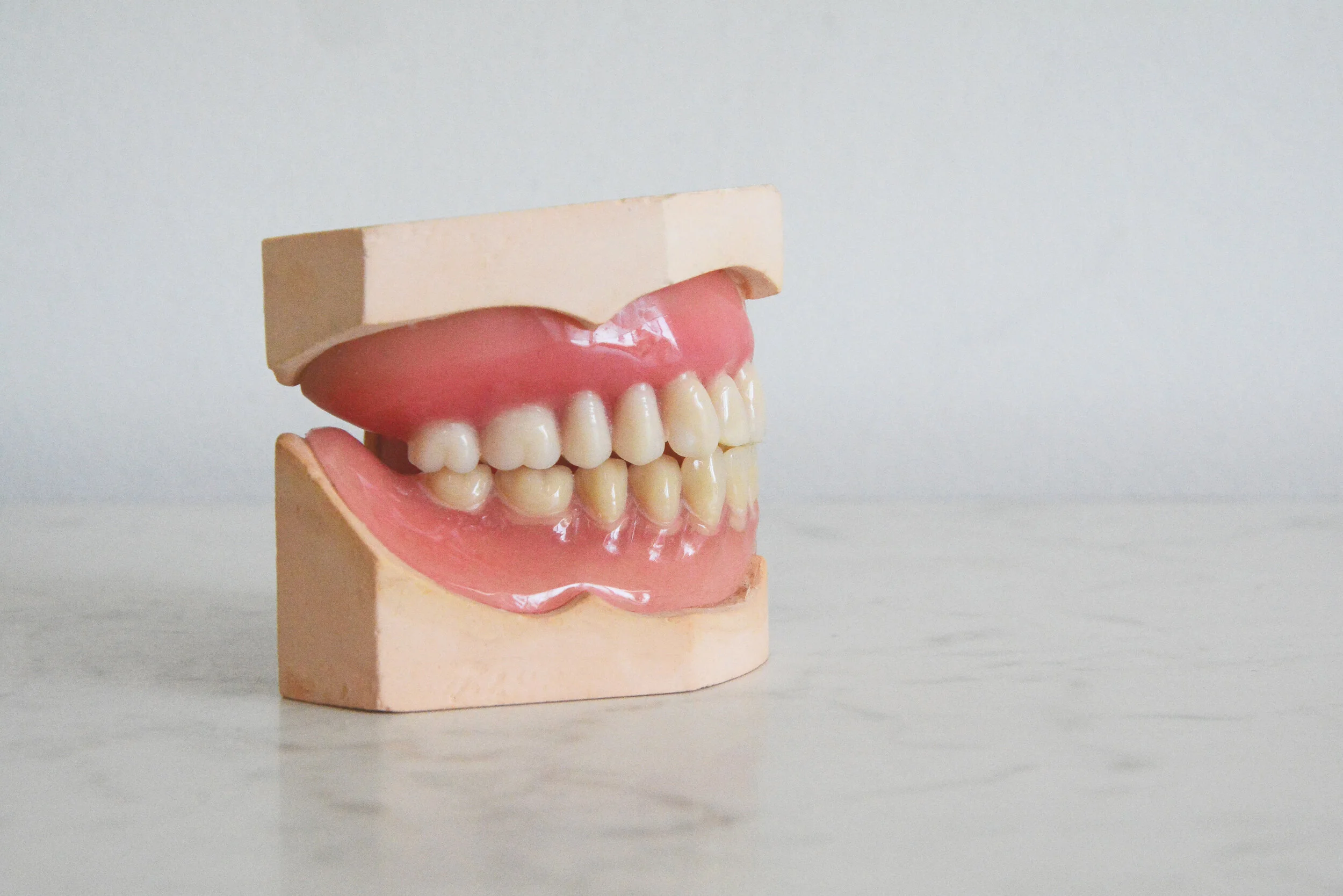How to Know When it's Time to Get Wisdom Teeth Removed
No one likes the surgery, but the relief most people feel when their wisdom teeth are removed is worth the initial discomfort.
Unfortunately, many folks put off their wisdom teeth removal until the pain starts to make the decision for them – and that’s not our (or any dentist’s) preferred method. Often, when we wait too long to remove problem-teeth, it can have major consequences that require even more invasive techniques down the road.
The key to ensuring your wisdom teeth don’t affect your oral health is knowing when to get them pulled.
The problem with wisdom teeth
Wisdom teeth come in late in the development of a young person’s mouth, so the rest of the mouth is already set. That means the wisdom tooth has to work with the space available, and often there’s not much wiggle-room.
The result is, wisdom teeth start to make trouble in your mouth as they come in. This can include:
Growing in sideways or at strange angles
Crowding other teeth
Sitting just under, or just at, the gumline
All of these can cause major problems with your teeth beyond pain and discomfort.
Complications of leaving wisdom teeth in
It’s tempting to delay wisdom teeth removal, especially when the pain is minor. We can always reason that our mouth will heal and that we’ll be fine once the tooth does come in. But often, that’s not the case. Instead, the wisdom teeth cause a variety of complications that cause major pain and disruption in your life.
Complications include:
Becoming impacted – Some wisdom teeth hit their neighbour, and are unable to properly grow out from the jaw. This can cause pathologies like cysts and tumours.
Partial development – Wisdom teeth with enough room to make it past their neighbours may still only barely breach the surface of your gums. This makes them difficult to clean and opens a pathway for bacteria into your gums, which can result in gum disease or infection.
Crowding – If you have more teeth than you have room inside your mouth, your teeth won’t get the memo. They will grow despite the area they have, which could mean damaged or crooked teeth down the road.
Unfixable cavities – Because wisdom teeth are so far back in the mouth, it makes them hard to clean, and nearly impossible to repair. So, if you’re not careful to ensure your wisdom teeth get properly cleaned, cavities may develop, and a very difficult extraction may lie ahead.
Be proactive with regular dental visits
All those complications cause a lot of pain and make the whole process more difficult. However, by seeing your dentist regularly, you can avoid all those complications. In fact, your dentist can often see potential problems with your wisdom teeth long before they cause pain through x-rays and examinations.
Pull wisdom teeth early for an easier, less painful extraction
For children and young adults, we recommend getting their wisdom teeth pulled early – usually sometime in their late teens depending on how their mouth is developing. This is not only a preventative measure, but it also makes for an easier, and much less painful extraction.
When wisdom teeth are growing in, it takes the roots time to fully develop and anchor into the jaw. By removing them before this happens, it makes the surgery less painful and the recovery much quicker.
Knowing when to pull wisdom teeth as an adult
If you didn’t have your wisdom teeth pulled as a teenager, problems can still develop as an adult.
If so, you will need to be proactive about your oral health and alert your dentist if you feel any of the following symptoms:
Pain in the area of the wisdom tooth
Repeated infection the soft tissue around the tooth
Gum disease at the rear of your jaw
Tooth decay in a wisdom tooth, neighbouring teeth
Ensuring the health of the wisdom teeth you still have
Wisdom teeth don’t always have to be pulled. As long as the teeth are healthy, with a correct bite, and you’re able to keep them properly cleaned, still having your wisdom teeth is no problem. If you do decide to keep them, be sure to keep up with regular dental visits to ensure those wisdom teeth don’t cause you any trouble.

